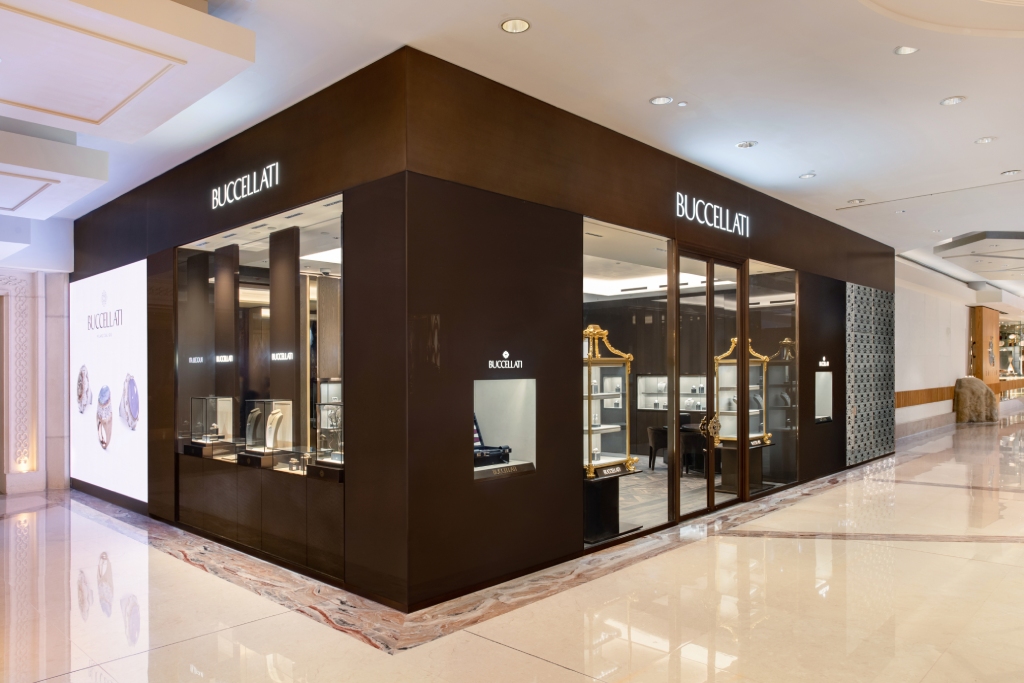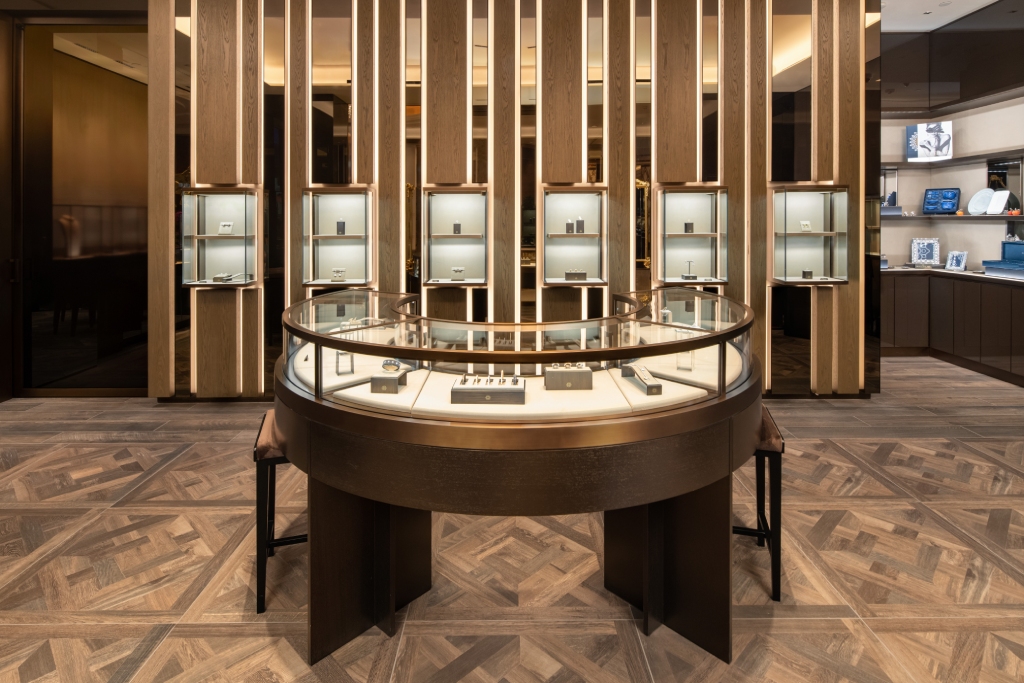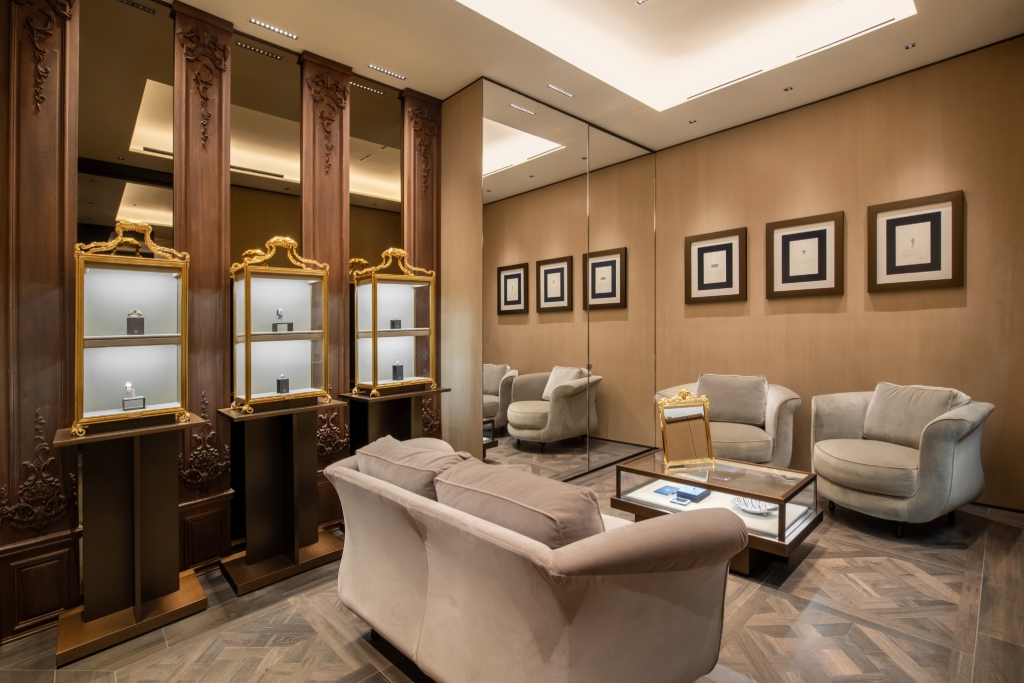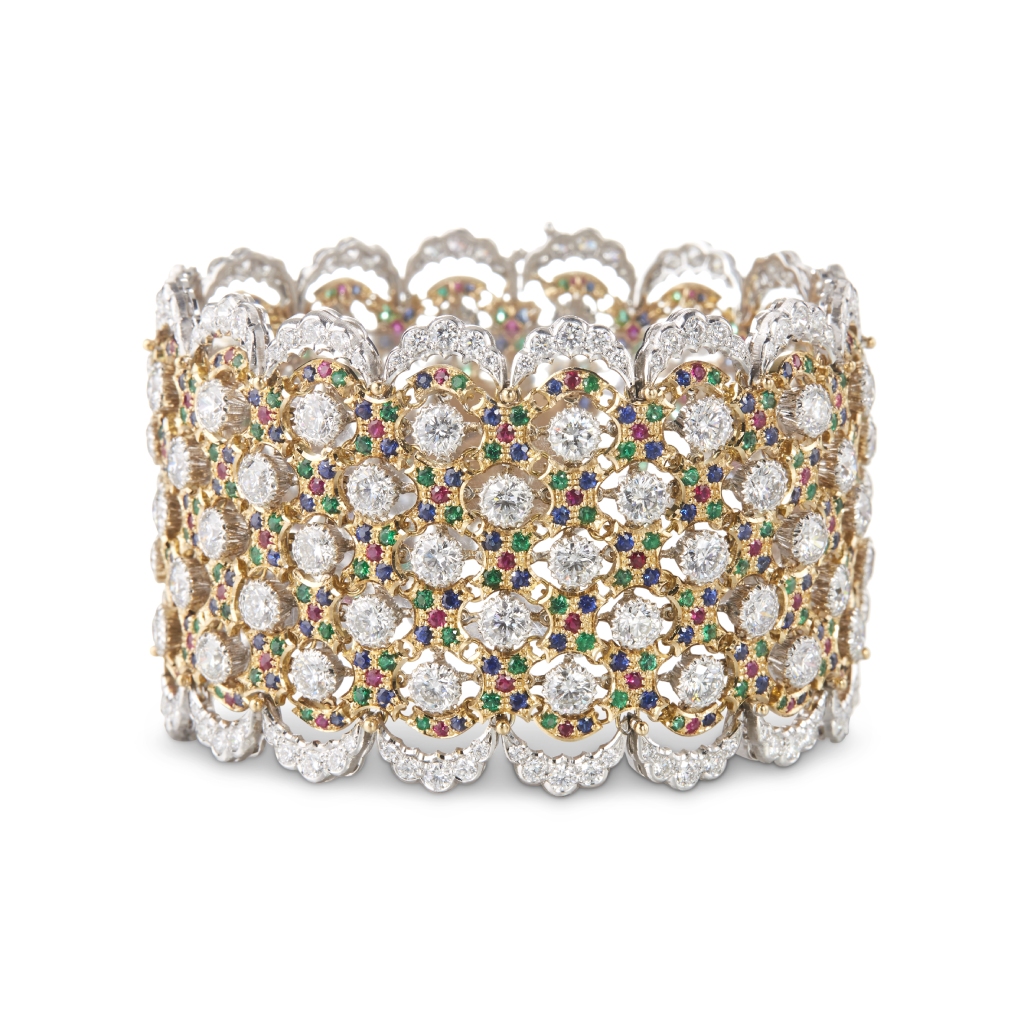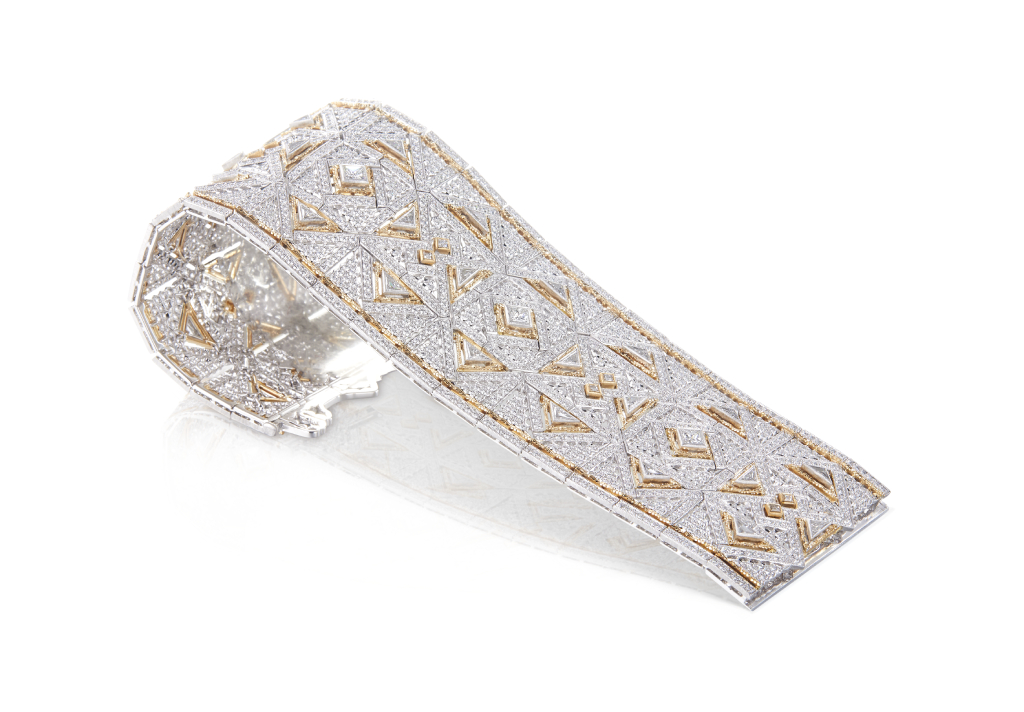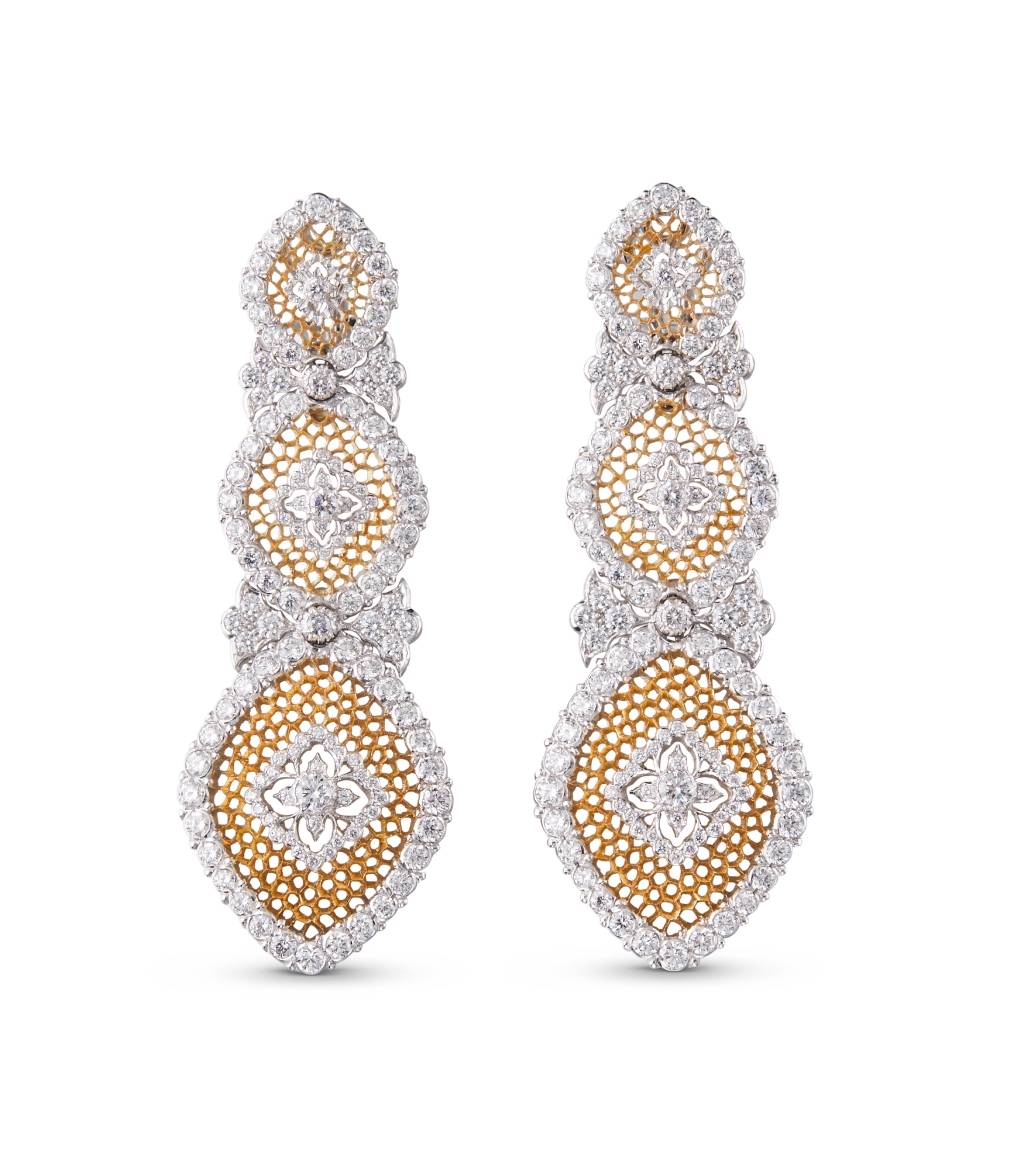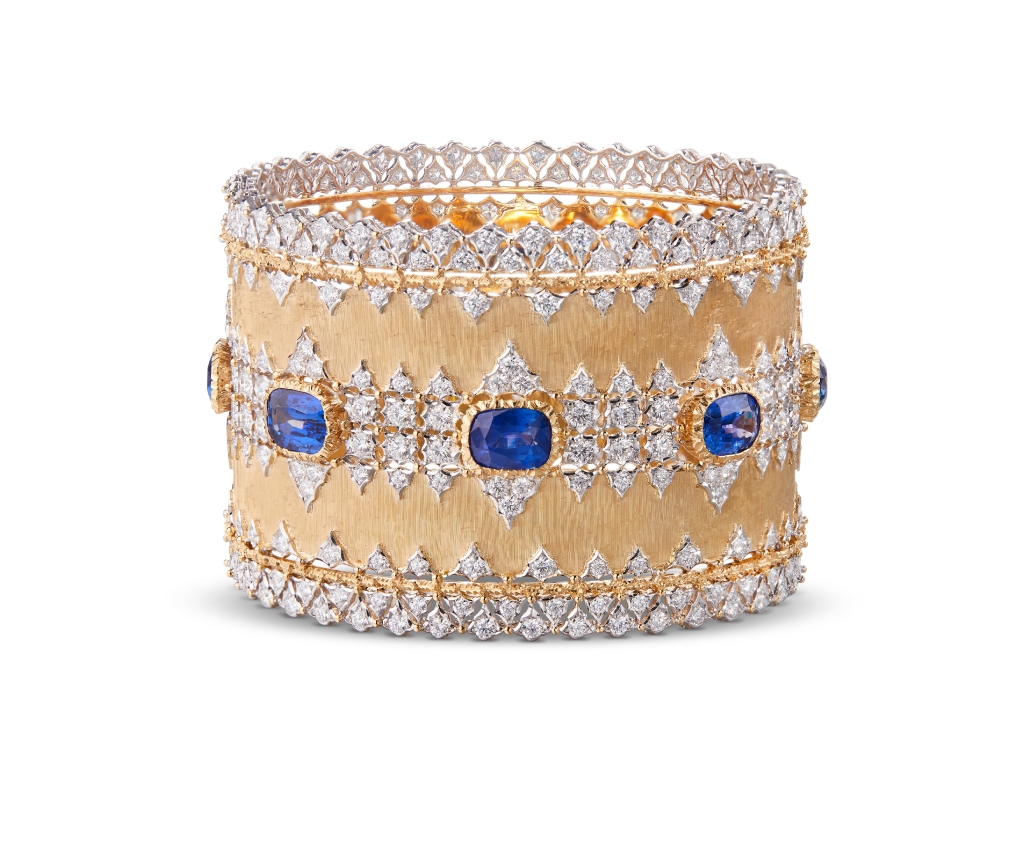Here’s How Buccellati Charts A 4-Generation Journey Of Handcrafted Jewellery
Buccellati has stayed true to its jewellery philosophy: never straying from its devotion to exquisite craftsmanship. CEO Andrea Buccellati tells us why.
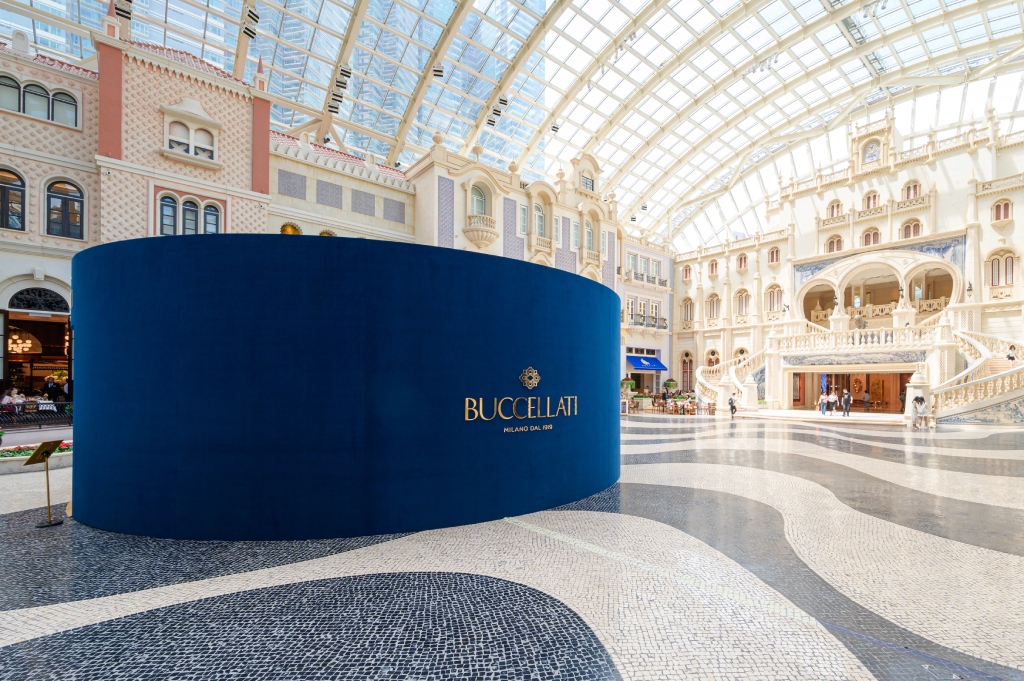
The new Buccellati boutique at the MGM Macau
There are three ingredients that go into crafting Buccellati jewellery: Italianate style and design, painstaking workmanship, and intricate decoration techniques that trace their history to the Renaissance era, says the brand’s honorary chairman and creative director, Andrea Buccellati. The result is jewellery that is instantly recognisable: distinctive in its remarkable level of detail, and sumptuous in its use of precious metals and gemstones.
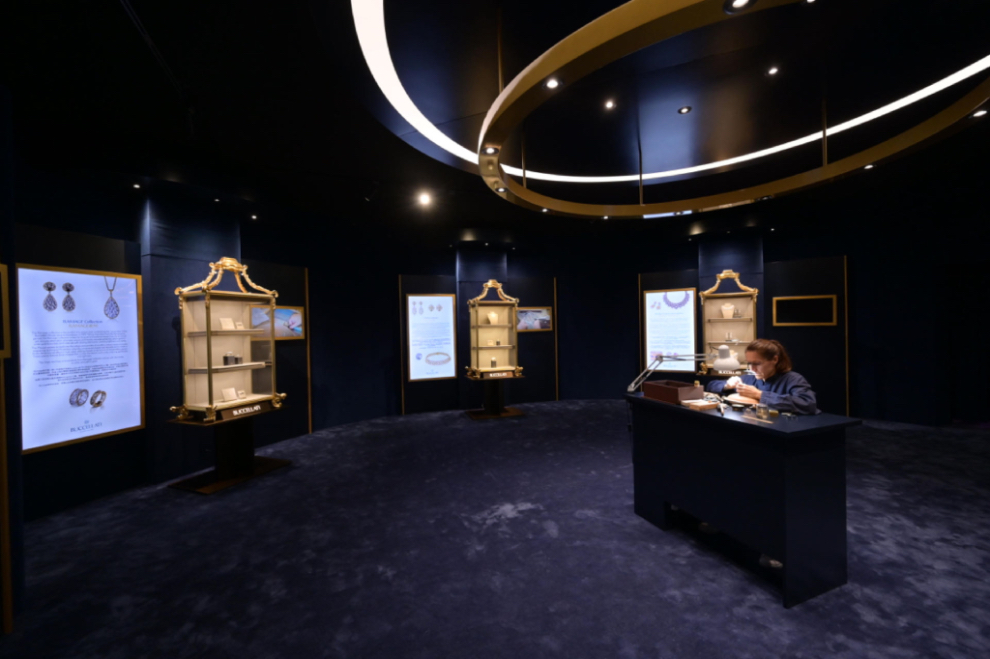
“We have a very unique style, it’s very particular, and I think the most important [consideration I have] when I design is to be faithful to our tradition,” Buccellati tells us in Macau. Just this past September, he attended the grand opening of the maison’s boutique at the MGM Macau, along with the ephemeral brand exhibition, titled Timeless Beauty with Century-Old Craftsmanship, held in the same location.
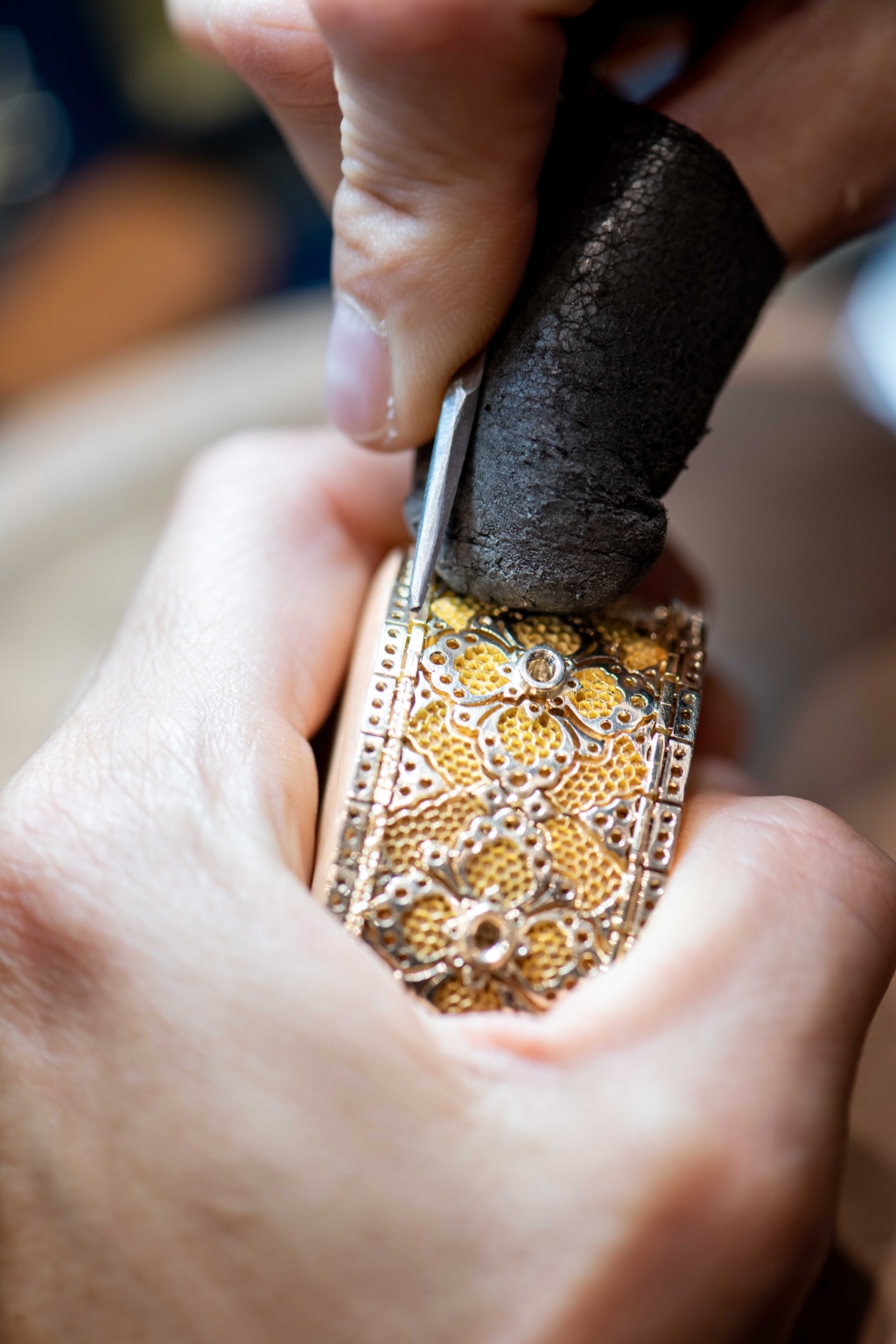
So powerful is Buccellati’s conviction that he isn’t anxious for the brand’s creations to be universally admired. “We don’t pretend to [appeal to the entire] world,” he says—with the 104-year-old maison’s jewellery, “either you love it or you don’t.” The brand’s jewellery collections, such as Macri, Opera and Tulle, have established themselves as design signatures of the maison, while its high jewellery collections, such as the Byzantine-inspired Mosaico unveiled this July, surpass the already extraordinary level of sophistication seen in the jewellery collections.
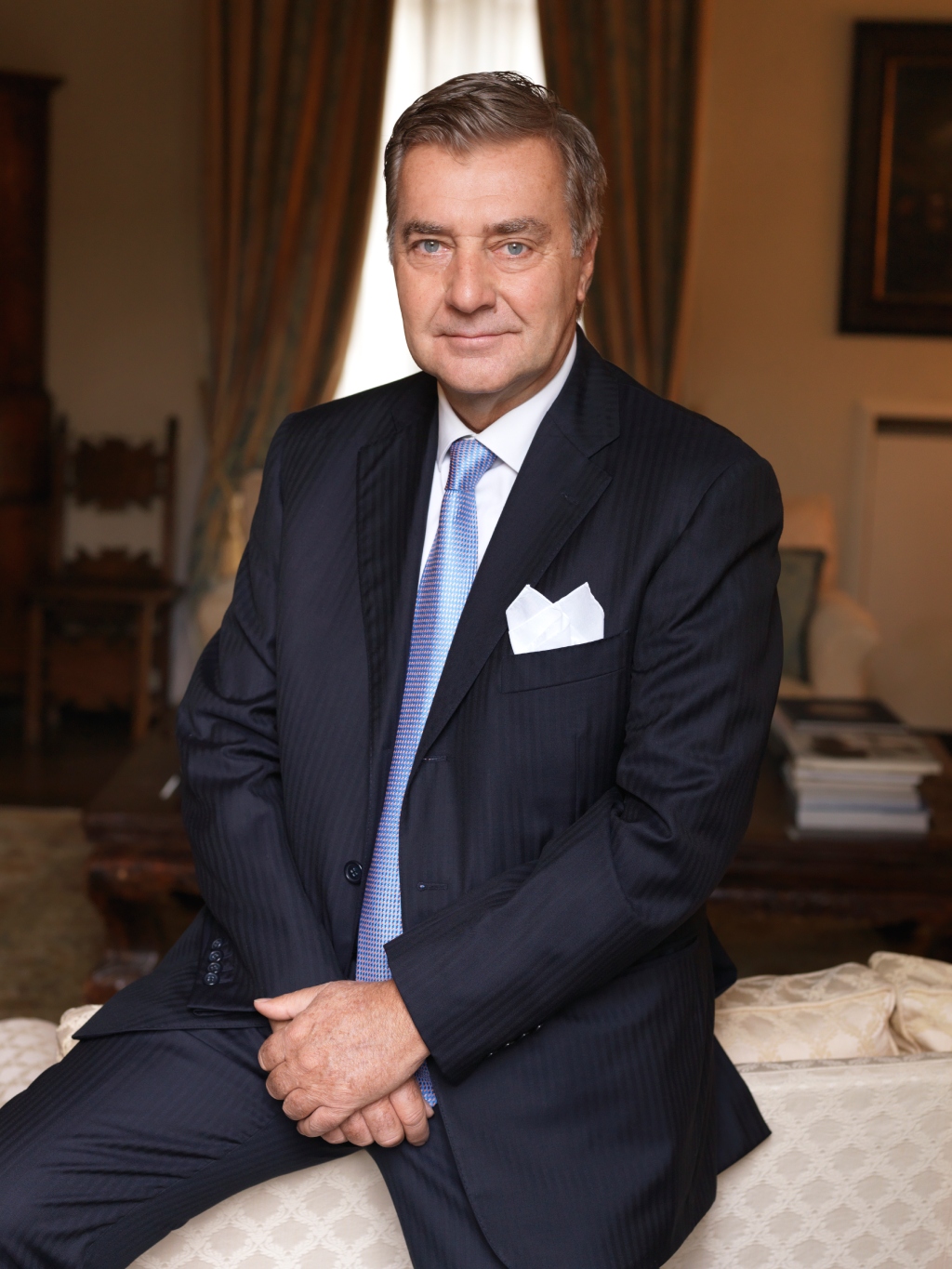
Buccellati honorary chairman and creative director, Andrea Buccellati
There isn’t even a need to distinguish the brand’s offerings by region, according to Buccellati. “I don’t do anything special for the Asian market; I just [focus on] our design and the Asian market really appreciates what we do, especially the workmanship,” he says. “I’d say that Asian [consumers are] very cultured: they love to understand [the background and history] of the products and the tradition that is expressed in the Buccellati pieces, so with the Buccellati style, we don’t have to change for different markets, but [we must maintain] our style and continue to do that.”
- The new Buccellati boutique at the MGM Macau
- The new Buccellati boutique at the MGM Macau
- The new Buccellati boutique at the MGM Macau
That distinct style has been in place ever since the maison was founded by Buccellati’s grandfather, Mario Buccellati, in 1919, and continues to this day with Buccellati’s daughter, Lucrezia Buccellati Wildenstein, as co-creative director and the first woman to design for the brand.
The maison’s artisans employ traditional engraving techniques, such as rigato, which involves etching minute parallel or radial lines into the surface of precious metals, and modellato, which results in an ornate three-dimensional relief; honeycomb or lace-like openwork; chaining jewels together to form a fabric-like composition; and twisting finely extruded gold thread to form various shapes and elements.
Some of these crafts have been a key part of the brand since its establishment, and while more ornate jewellery (which is more time-consuming and expensive to craft) has faced competition from a rise in modern, cleaner aesthetics over the last century, the appeal of handmade works of art still holds strong. “If we have a problem in the company, it’s to be able to produce enough, because I don’t want to make any compromise on the quality or style, so production is limited because it’s all made by hand,” Buccellati says.
The beauty of the maison’s jewellery lies precisely in the imperfection created by the human hand that can be seen through the pieces, he explains. “If you make a piece of jewellery by machine, you immediately recognise it because it’s too perfect, but that is not artisanal or workmanship.” In a world where micro-trends can induce whiplash among consumers and the expectation of speed dominates, such a devout dedication to heritage and traditional techniques can seem almost anachronistic and quaint, but Buccellati insists the maison will never budge on its principles. “Jewellery isn’t something you wear 10 times and then throw away,” he says. “You buy it for life, and you can pass it on to your children.” The sense of wonder one feels upon admiring a handmade marvel just might be the ultimate luxury.
For more on the latest in luxury jewellery reads, click here.
